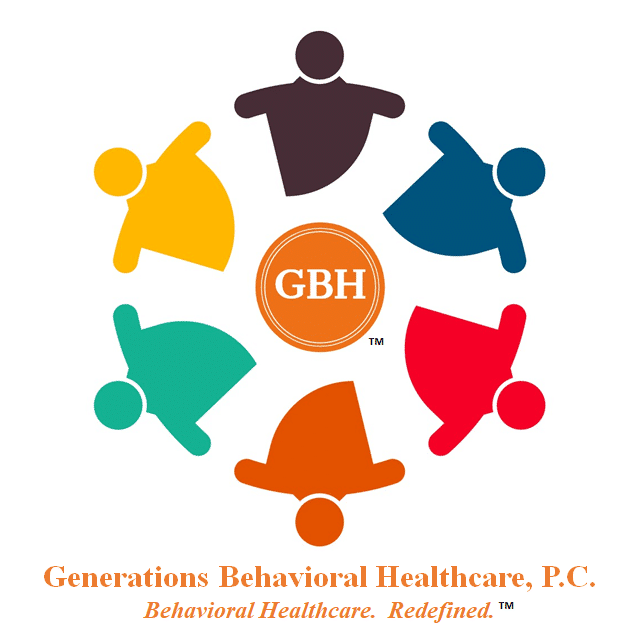
Neuropsychological testing involves the administration of standardized ability tests that help to identify changes in brain functioning that may result from various medical and neurological conditions. The results of these neuropsychological tests are interpreted in conjunction with a thorough understanding of clients’ backgrounds and the unique behavioral and emotional issues the client might be having.
Neuropsychological testing can help physicians and rehabilitation specialists answer the following questions:
- Is a client showing signs of dementia? If so, what are the nature of dementia and the prognosis for recovery/treatment?
- Does a client with medical conditions like Multiple Sclerosis, Parkinson’s Disease, or other neurological conditions have any losses in mental abilities as a result of these medical conditions? Are there areas of functioning that are not affected by the medical conditions – or are areas of preserved strength?
- Are clients’ claims of reduced mental functioning due to a brain-related condition, or to other factors, such as the effects of normal aging, increased cognitive (thinking) demands in daily life, or emotional issues such as depression, anxiety, etc.?
- Are clients competent to make decisions for themselves given their current mental abilities and emotional/behavioral issues?
- Have the passage of time or treatment interventions had an effect on clients’ mental abilities?
- Has clients’ alcohol/drug/prescription medication usage had a detrimental effect on mental functioning?
Neuropsychological evaluation typically addresses the practical implications of clients’ strengths and weaknesses as they relate to education, work, retraining, independent living, etc., treatment needs and implications of any cognitive deficits for treatment, and prognosis for change over time.
Neuropsychological testing typically can be completed from a couple of hours to within one day, depending on the client’s age and referral questions to be answered. Neuropsychological testing measures client skills and abilities in the following areas: attention and concentration, academic skills, learning and memory, sensory perception (vision, hearing, sense of touch) and motor function (dexterity), language, spatial abilities, planning, organization, reasoning, and problem-solving, and emotional adjustment.
At GBH, we use neuropsychological testing to evaluate children and adults with attention-deficit hyperactivity disorder, learning disabilities, gifted placement status, traumatic brain injuries, and dementia – just to name a few commonly assessed conditions. If you think you or a loved one may require neuropsychological testing, please do not hesitate to Contact Us for a free, no-obligation consultation to assess your needs.

